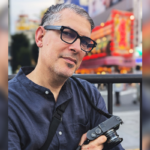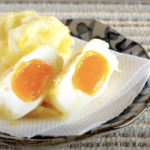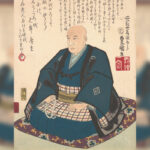
December 2023 (VOL.194)
Mariko Withrington
- Home country / state / city:Tauranga, New Zealand
- Occupation:Winemaker
- Duration of living in Japan:Four years
- Why do you live in Japan?:To immerse in the culture and language

What do you do in Japan? Can you talk about your job in Japan?
I work as a winemaker for a premium winery called `Niki Hills Winery` in Hokkaido; Japan`s northernmost region. We make six wines: Kerner, Bacchus, Zweigeltrebe, Chardonnay, Pinot noir and Merlot.
I work with a very small vineyard team of only four people. The winery is small and new enough, that I have the freedom to experiment with different wine styles that best represent this beautiful little corner of Japan.
What do you think about Japanese wine?
I think Japanese wines are so different from the western world`s, that it is difficult to compare. The Japanese palate is, in my opinion, not partial to astringent foods, but suited to slightly sweet flavour profiles (from a culture of using dashi).
Keeping that in mind, the wines are usually very light and easy drinking. With either a distinct sweetness, or a distinct umami flavour. I think Japanese wine pairs really well with mild Japanese foods such as sashimi, or tempura.
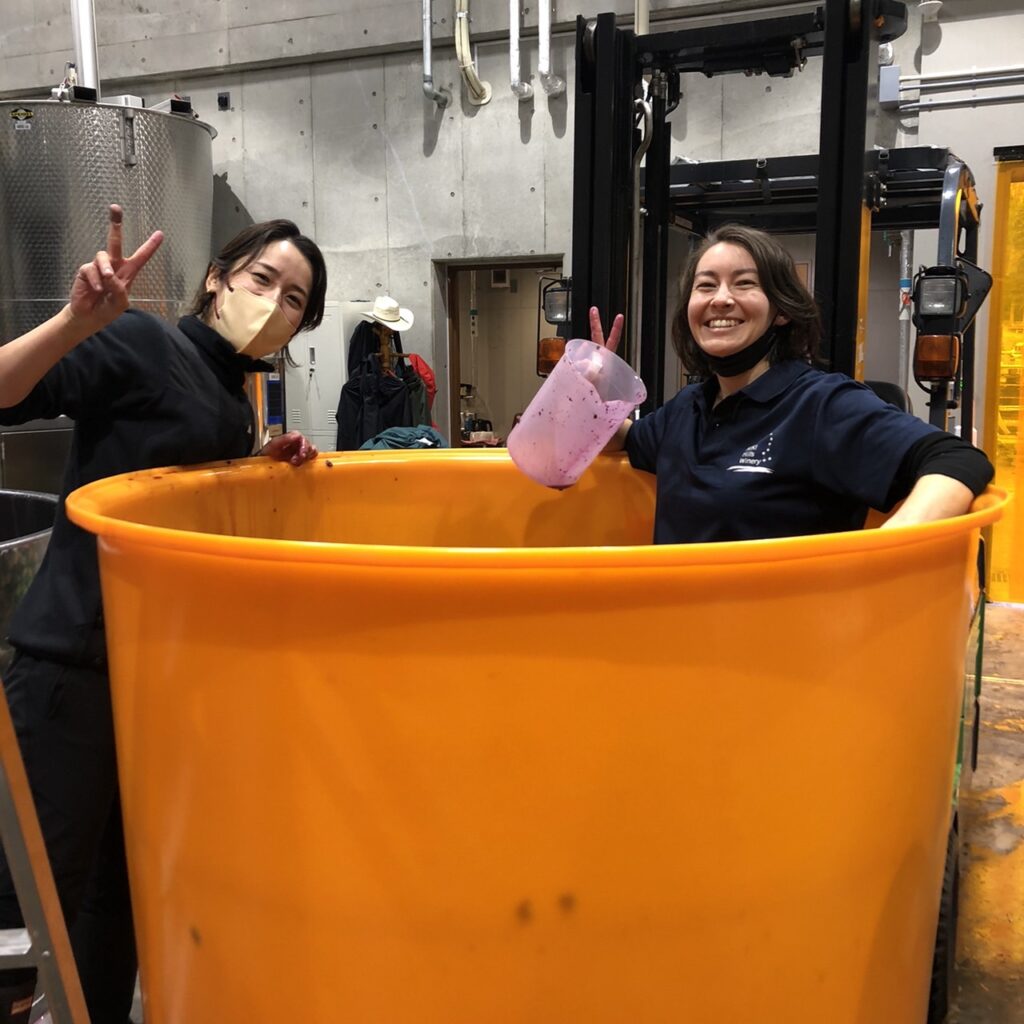
Is there any difference about winemaking between New Zealand and Japan?
Winemakers in both countries have the same goal of making a wine true to the terroir of the region, and variety of the grape. In saying that, the winemaking itself is incomparable. In New Zealand, almost every single winemaker has studied winemaking at a tertiary level and has years of international experience. The winemaker has the knowledge to understand and predict what kind of effect each action or variable will have on the finished product, and they are able to make winemaking decisions based off of this knowledge. In Japan however, winemakers are usually self-taught, or taught by someone else who was self-taught. Therefore, the winemaking is very belief and intuition based instead of knowledge or experienced based.
What aspect of Japanese culture is interesting for you?
I find it very interesting the different take on masculinity that Japan has, compared to the western world. Despite having strict views on gender roles in Japan. Japanese men are free to take an interest in fashion, carry a handbag, or wipe their face with a carefully folded floral handkerchief, without having their masculinity questioned.
What is the distinctive difference between New Zealand and Japanese lifestyle?
In New Zealand people work to live. In Japan people live to work. Something so simple as finishing work on time and going for a walk or out for a beer with a friend, isn`t a thing here. Having the time to pursue a hobby or a sport or just taking time to relax with family and friends at the beach, is something so vital to the New Zealand lifestyle.
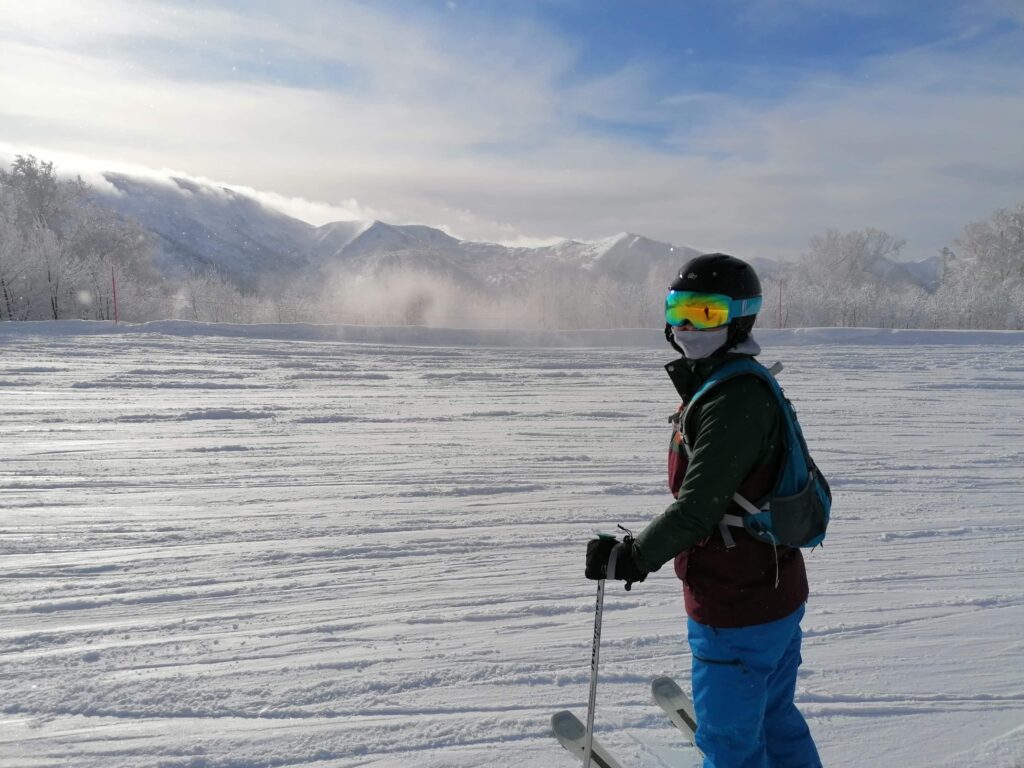
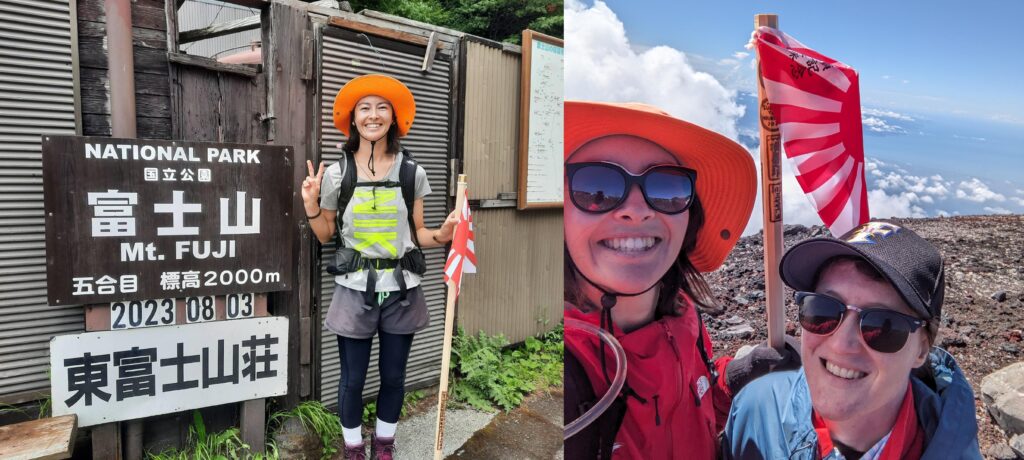
Are there any aspects of the Japanese culture or its people that you find bizarre or unique?
If you want a small cheap gadget to make your life a little easier- such as a toe stretcher or a boiled egg mold then you`ve come to the right country. However, ATMs close at 5pm and the FAX machine is still at large. Just why.
Were you hesitant to relocate to Japan?
As a whole, I appreciate how giving and caring Japanese people are. For example; If you need directions at a train station, whoever is helping you will guide you right to where you need to go. This caring and thoughtful aspect of Japanese culture is also expressed in the nature of gift giving. I love how much attention to detail is taken into the presentation of gifts.
Would you like to continue to live in Japan for the rest of your life, or you think you will return to your home country? If so why?
I have loved living in Japan, but I am looking forward to returning to New Zealand. As a mixed race, queer woman, Japan is simply not the place for me to live. Queer people are legally discriminated against. Landlords can decline rental applications based on race or sexual orientation, making finding an apartment complicated for a foreign/gay couple. Japanese people as individuals are for the most part very warm and welcoming, but as a nation Japan is still very unwelcoming to foreigners, women and LGBTQIA+ people.
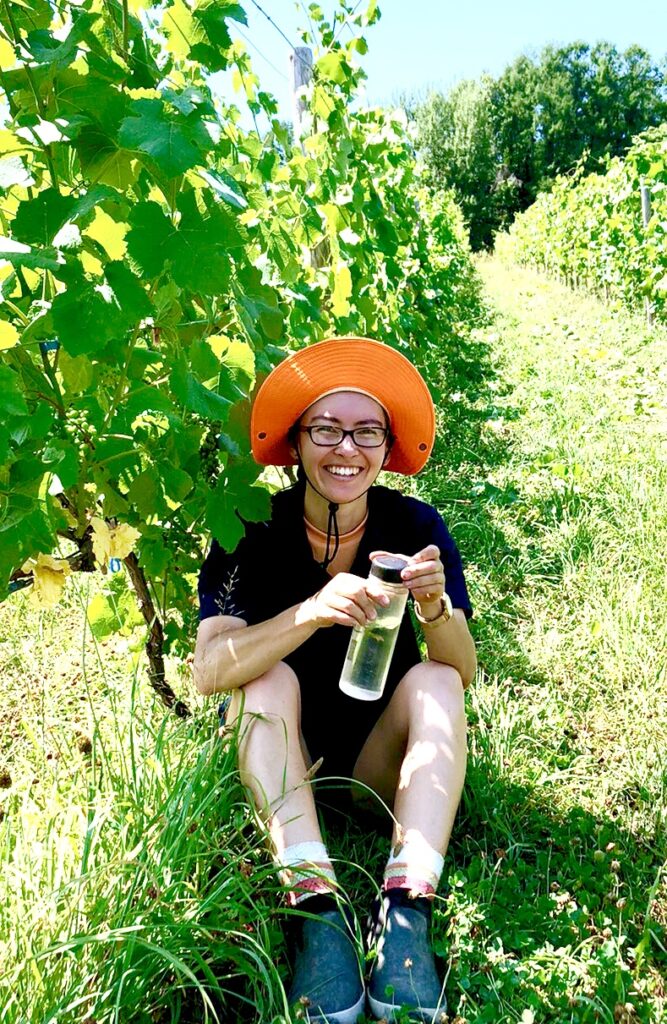
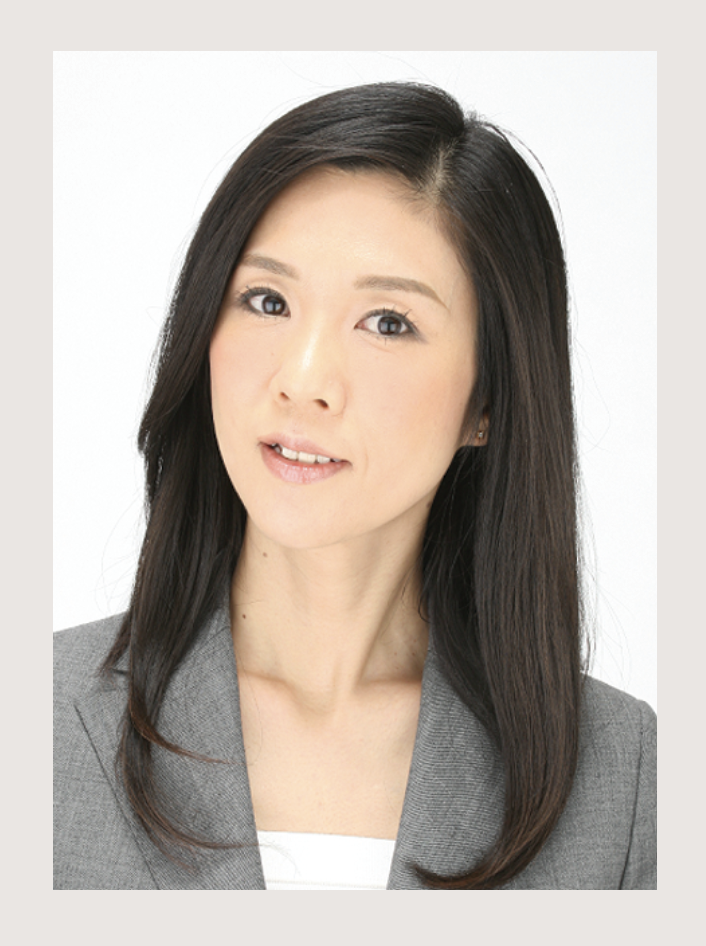
Writer: Minobu Kondo
Photojournalist in Tokyo, writing for Japanese and American magazines. Publishing an essay “101 of green stories” with the other Japanese artists such as Kosetsu Minami. Languages: Japanese, English and French.
V

